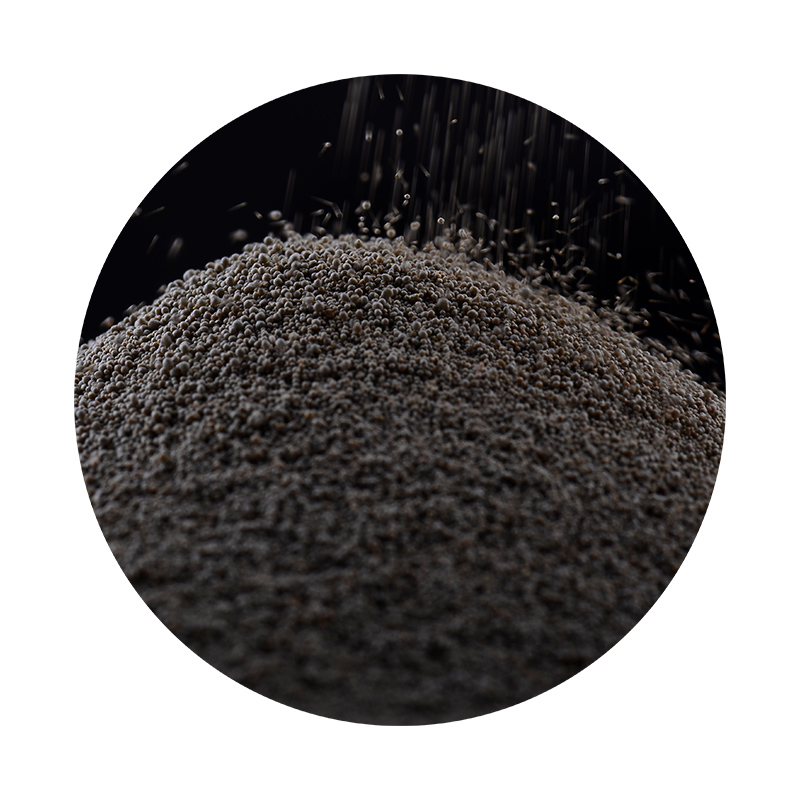Materials Used for Sand Casting
Sand casting, one of the most versatile and widely used metal casting processes, relies on several key materials that play crucial roles in producing high-quality metal parts. This article explores the essential materials utilized in sand casting, focusing on sand, binders, metal, and additives.
1. Sand
The primary material in sand casting is sand itself. The most commonly used type is silica sand, thanks to its excellent thermal stability, ability to withstand high temperatures, and its porous nature, which allows gases to escape during the casting process. Silica sand is obtained from various sources, including riverbeds and beaches, and is usually screened to the right grain size to ensure optimum flowability and mold integrity.
Other types of sand, such as chromite sand, zircon sand, and olivine sand, can also be used in specific applications to enhance the physical properties of the mold. For example, chromite sand has a higher thermal conductivity, making it suitable for casting high-alloy steels, while zircon sand has excellent refractory properties.
2. Binders
To create a stable mold from sand, binders are essential. These materials hold the sand grains together and offer the necessary strength and durability to the mold. The most common binders used in sand casting are clay and synthetic resins.
Clay, particularly bentonite clay, is mixed with the sand to create a mold. It acts as a cohesive agent, providing strength and plasticity, which are essential during the molding process. The amount of clay added can vary based on the type of sand and the specific requirements of the casting.
Synthetic resin binders, such as phenolic urethane or furan resin, are used in process categories like no-bake or cold box casting. These resins chemically bond the sand grains together, offering significant advantages in terms of mold strength, thermal stability, and surface finish of the castings. They produce less dust, reduce old sand disposal issues, and enable faster production cycles.
what materials are used for sand casting

3. Metal Alloys
The choice of metal alloy is critical in sand casting, as it directly affects the properties of the final product. Common metals used in sand casting include aluminum, cast iron, steel, and bronze.
Aluminum is favored for its lightweight and corrosion resistance. It can be easily cast into complex shapes and is often used in automotive and aerospace applications. Cast iron, recognized for its excellent fluidity and machinability, is commonly employed for engine blocks and pipes. Steel casting provides high strength and elasticity, making it ideal for heavy-duty applications. Bronze, known for its excellent wear resistance and fatigue strength, is often used for marine hardware and sculptures.
4. Additives
Additives are used to enhance the performance of the sand mixture and the quality of the casting. Common additives include curing agents, which speed up the hardening process of chemically bonded sands; surfactants, which help improve the surface finish; and anti-foaming agents that reduce the formation of foam during the pouring of molten metal.
Additionally, coloring agents might be added to provide visual differentiation or identification for specific applications.
Conclusion
Sand casting is a robust and adaptable manufacturing process that incorporates a variety of materials to create high-quality metal components. The careful selection of sand, binders, metal alloys, and additives ensures the production of castings that meet specific requirements for strength, durability, and aesthetics. As industries continue to evolve, the materials used in sand casting will also advance, ensuring that this traditional method remains relevant in modern manufacturing.
Post time:Jul . 30, 2024 05:08
Next:Exploring the Evolution and Techniques of Sand Casting Throughout History and Its Modern Applications
